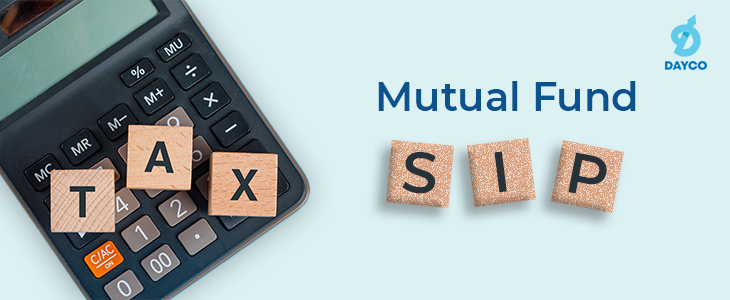SEBI vide their circular dated 05/11/2020 had permitted the Mutual Funds to make overseas investments subject to a maximum of US $ 600 million per Mutual Fund, within the overall industry limit of US $ 7 billion. The regulator’s move was an opportunity for the investors interested to start investing in segments across the world having reasonable or low valuations. International Funds are basically mutual funds which invest in companies located outside the investor’s country of residence. By investing in a global fund, investors get the chance to be a part of a much more extensive and diverse portfolio with the help …
Is it the Right Time to go for International Funds?

























